California’s Central Valley Project, the irrigation plan that has turned central California’s deserts into lush, green farmland, has always been one of the biggest fiscal boondoggles of the West. Originally billed as a program to help small farmers, the project has been subsidizing huge agribusiness for seventy years, at a cost of more than $400 million a year.
The Bureau of Reclamation – the federal agency in charge of providing subsidized irrigation water to farmers – is making another sweet deal with farmers in California’s Central Valley at the expense of American taxpayers. The Bureau is now working on a plan to scam taxpayers by renewing plush contracts in the Central Valley’s Westlands Water District, and throwing in a little more corporate welfare for good measure.
Just as with any business deal, the farms of the Central Valley are supposed to pay for all the water they get from Uncle Sam. But for years, the Bureau has been using every trick in the book to undercharge the Central Valley’s huge factory farms – allowing farms to draw water at less than half the cost it takes to provide it.
In 1992, lawmakers tried to do something about it. Congress passed the Central Valley Project Improvement Act, a new law to make the Bureau of Reclamation shape up its act and end pricing shenanigans in the region. But the Bureau has been doing all it can to make sure that the Central Valley’s agribusiness gets dirt-cheap water at taxpayers’ expense.
The 1992 law was structured so that water got more expensive for farms when they used more of it. Every irrigation district is given an allotment of water, and as farms meet their max allotment, the cost per gallon of water starts to rise. The Bureau of Reclamation got around this pesky law by raising the allotment of farms in the Central Valley – now, the Bureau promises far more water to farms than it can actually provide on a normal year. Because of this dirty trick, factory farms get cheaper water.
Another way that the 1992 law tried to reform the Bureau was by making it harder for the Bureau to automatically renew its water contracts. The Bureau’s contracts often lock federal taxpayers into bad deals that can last for up to 50 years; when conditions change, taxpayers get stuck looking like the Texas Rangers after they signed A-Rod.
The Bureau is trying to weasel out of this reform as well, by giving the Westlands Water District a 25-year deal that ignores the region’s soil troubles. In just a few years, huge swaths of Westlands may well be unusable because of toxic drainage problems. This means that farms with long-term water contracts will be able to sell their water – and at a much higher price than they paid for it. This profiteering with federal water supplies will come at your expense.
One would hope that a federal agency in charge of water policy in a desert would understand the importance of not undervaluing its most important resource, but apparently not. Unless the Bureau reforms its antiquated water pricing policies and irrigation contracts, federal taxpayers will be stuck bailing out large agribusinesses in areas that never should have been irrigated in the first place for decades to come.



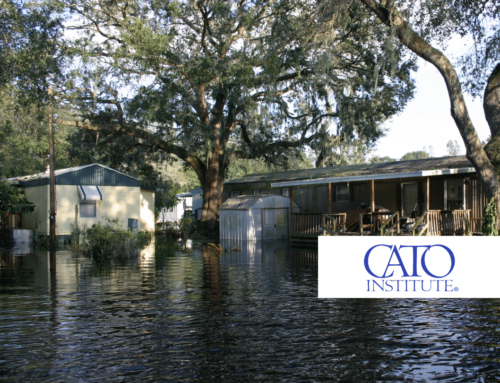
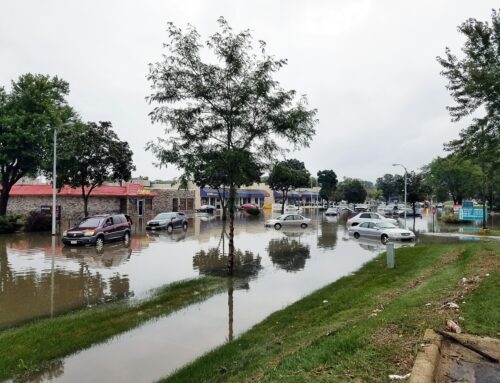
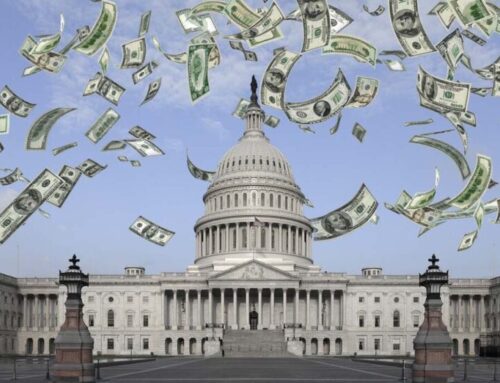
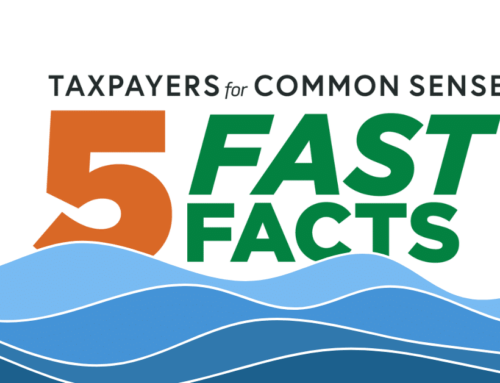


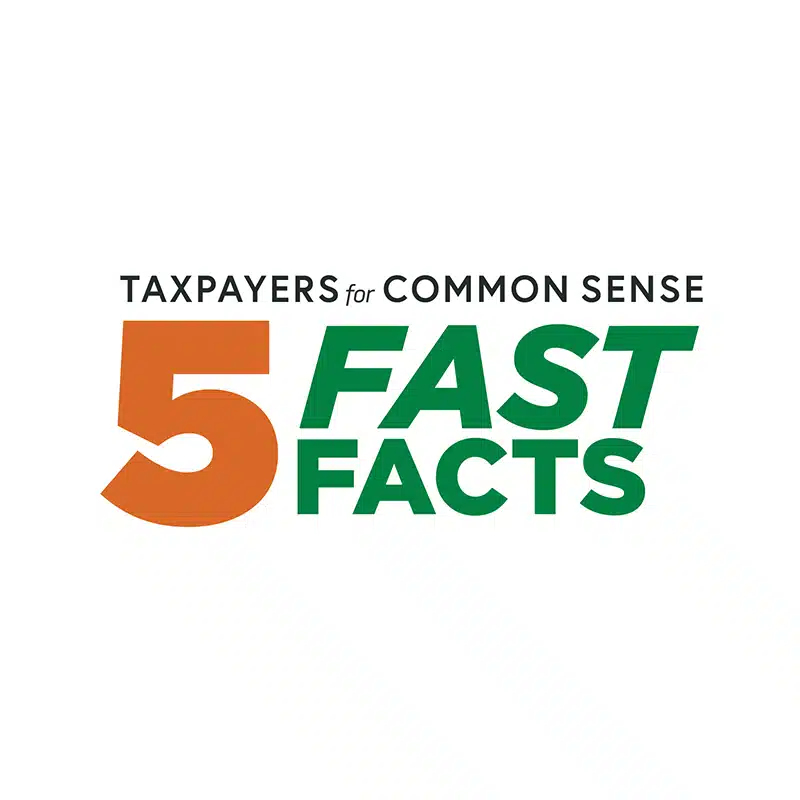

Get Social